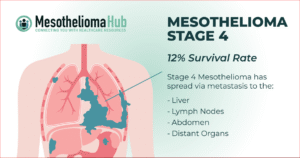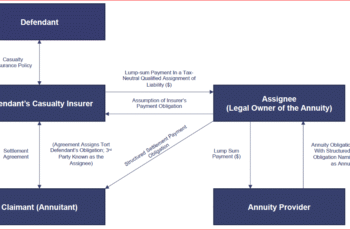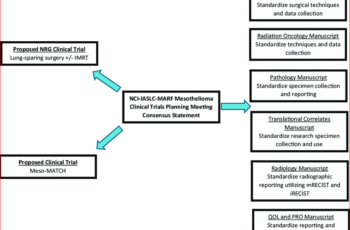
Malignant pleural mesothelioma (MPM) is a rare and aggressive cancer that develops in the pleura—the thin layer of tissue surrounding the lungs. It is primarily caused by prolonged asbestos exposure and is often diagnosed at an advanced stage, which greatly impacts survival outcomes.
Survival Rates: Key Statistics
Survival rates for malignant pleural mesothelioma are generally low compared to other cancers due to its aggressive nature and delayed diagnosis. The median survival time after diagnosis is typically between 12 to 21 months, depending on various factors such as stage, cell type, and treatment options.
5-Year Survival Rate:
-
Overall: 10% or less
-
With aggressive multimodal treatment (surgery + chemotherapy + radiation): Up to 20%–25% in selected patients
1-Year Survival Rate:
-
On average: 38% to 55%
-
With treatment: Higher, especially if diagnosed early
Factors Influencing Survival Rate
-
Stage at Diagnosis:
-
Early-stage (I-II): Better prognosis, more treatment options
-
Advanced-stage (III-IV): Limited survival benefits even with treatment
-
-
Cell Type:
-
Epithelioid (most common, ~70%): Better response to treatment, higher survival
-
Sarcomatoid: More aggressive, poorest survival
-
Biphasic: Mixed features; intermediate prognosis
-
-
Patient Health & Age:
-
Younger, healthier patients generally respond better to aggressive treatment
-
-
Treatment Approach:
-
Multimodal therapy (surgery, chemotherapy, radiation) offers the best chance for extended survival
-
Clinical trials and newer treatments like immunotherapy show promise
-
Recent Advances & Hope for the Future
New treatments, especially immunotherapy combinations (e.g., nivolumab + ticilimumab), have shown improved survival in clinical trials and are becoming a part of first-line therapy. Early detection and personalized treatment strategies are also helping to slowly increase survival rates.
Conclusion
While malignant pleural mesothelioma remains a challenging cancer with a generally poor prognosis, early diagnosis, tailored treatment, and participation in clinical trials can improve survival outcomes. Ongoing research and improved awareness continue to bring hope to patients and families affected by this disease.

